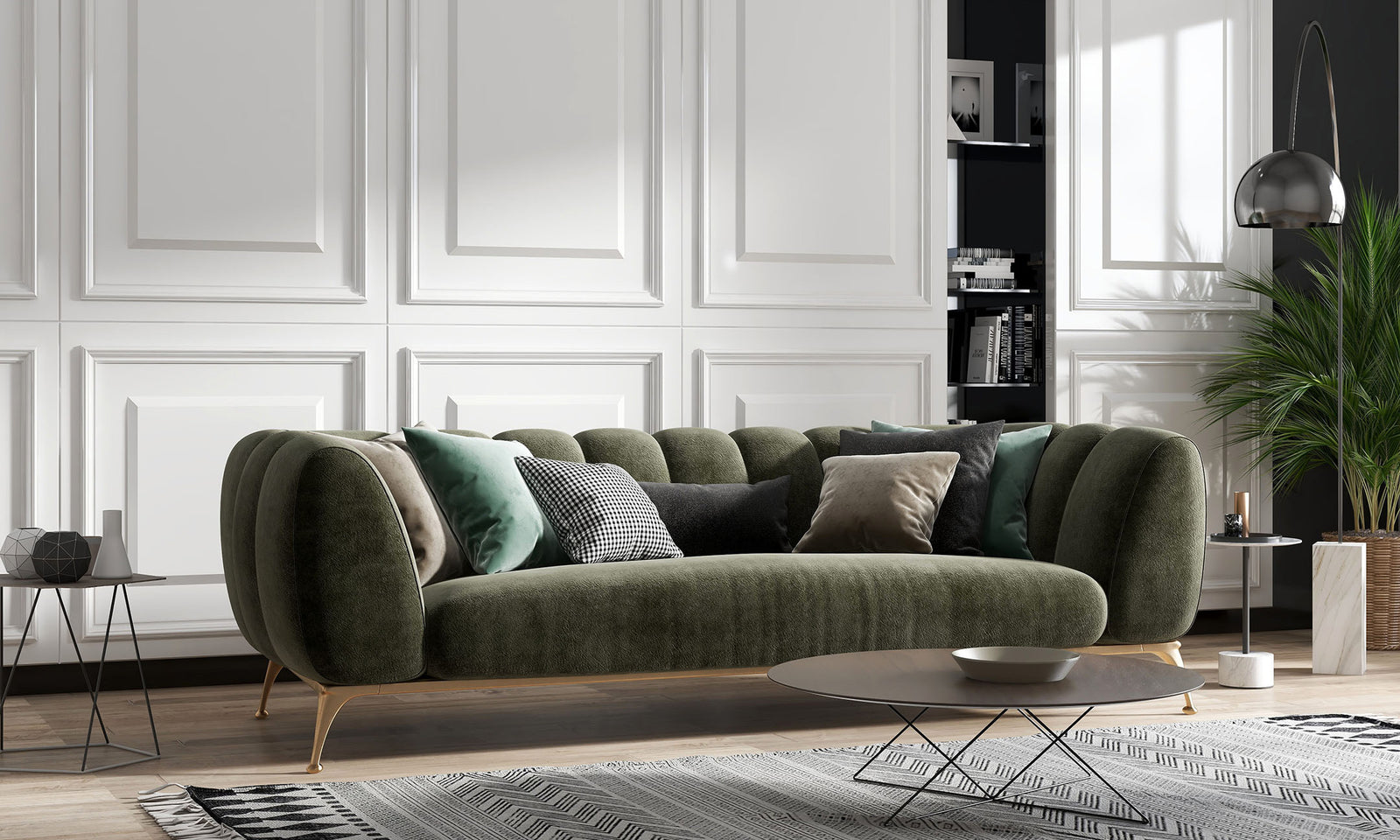
Regular Fabric Cleaning
Pay special attention to areas that come in direct contact with skin or hair, including seats, armrests and headrests. Weekly vacuuming with low suction and a soft brush accessory will remove dust and damaging dirt particles, to help extend the life of your fabric and furniture.
Direct Sunlight & Heat Exposure
When upholstery is exposed to direct sunlight for long periods it may fade. Avoid placing your upholstery too close to fires or radiators. Exposure to heat may mark fabric too.
Wear and Tear
There are many causes of wear and tear. Sharp or abrasive objects such as shoes, belt buckles, rings and zippers can pull fibres. Avoid placing heavy or pointed objects on your upholstery. A key area which suffers wear – on any upholstered furniture – is the top or the front of the arms; consider arm caps or using a throw should you feel it necessary.
Moving Furniture
Always lift; never drag furniture along the ground. This ensures the furniture legs remain secure and prevents scratching of the furniture and your floors.
Pets
Minimise your pet’s contact with your furniture as the natural oils and dirt from fur can cause discolouration, unnecessary wear and tear, and pilling.
Wet Swimming Costumes and Towels
Wet and damp items can harm the pile of your furniture’s fabric leaving a watermark. Dye transfer and bleaching of the fabric may also result. Be cautious of chlorine, salt water, tanning lotion, body lotions and sunscreens.
Transfer of Dyes
Transfer of colours from other textiles and leathers can mark your upholstery. Be careful to ensure fabrics that are prone to staining (e.g. denim) are avoided.
Pilling
Pilling is not a fabric fault; it is the result of friction. Fabric pilling is normal and can be removed with a battery operated depiller.
Velvet is a luxurious textile created by a complex double weaving process that results in a densely plush nap. Shading, marking and texturing of the pile are an inherent characteristic of velvet and should not be considered a fault.

